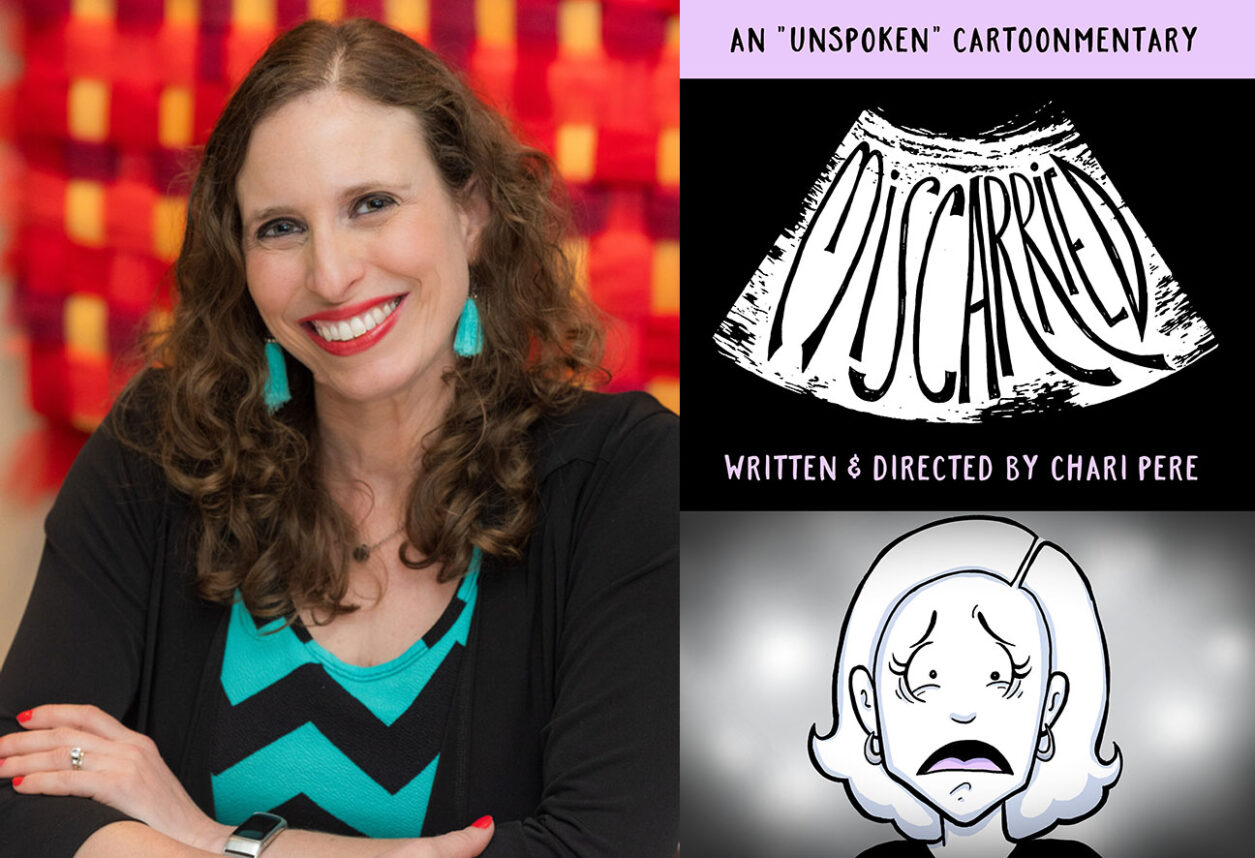Sen. Barbara Boxer (D-Calif.) has joined the long list of solons who have dabbled in writing. Unlike John Kennedy, she admits to collaborating with a professional writer. Also unlike Kennedy, she is not likely to win the Pulitzer Prize.
Still, her just-released novel offers an inside look at politics that few know as well as California’s 65-year-old three-term senator.
With freelance writer Mary-Rose Hayes, Boxer, who reportedly received an advance of just under $16,000 from San Francisco-based publisher Chronicle Books, has brought forth “A Time to Run.”
In yet another case of art imitating life (or is it life imitating art?), “A Time to Run” is framed by an impending Senate vote on a conservative woman nominated for the Supreme Court. In between, the novel flashes back to the heady 1970s at Cal Berkeley, where Ellen Downey, an idealistic child rights advocate; Josh Fischer, an aspiring politician; and Greg Hunter, Fischer’s journalist roommate, meet as seniors at the fabled left-wing bastion.
All three characters are guilty of infidelities and other transgressions, but the aptly named Hunter is the one who always goes for the kill.
What defies comprehension is why Ellen ever listens to him again after he manipulates her into bed with him — when she is practically engaged to Josh.
Later on, after Hunter has co-authored a book about a right-wing actor famous for his cowboy roles (John Wayne, anyone?), after he has joined the payroll of a right-wing senator, after he has done everything possible to undermine the Senate bid of Josh (who dies in a car crash) — after all the dirty tricks, how can Ellen agree to meet him, let alone initially accept his evidence suggesting that the Supreme Court nominee is a child abuser.
Ellen, a diminutive California Senator, may seem like a barely disguised alter ego for Senator Boxer, but the fictional protagonist is cast as roughly 12 years younger, a product of the 1960s and 1970s, not the prudish Eisenhower-era ’50s. And Boxer herself, who was not available for an interview, denies any comparison. “She’s not me,” she told Associated Press. “She has no children. She’s younger…It’s a totally different life.”
“Time” is beset with anachronisms such as the verb “dis,” slang that was not common vernacular in 1974, and platitudes, such as Ellen’s observations at Josh’s funeral. (“A child wasn’t supposed to die before the parent…It was so wrong.”) However, “Time” does get better as it builds toward a climax. And Boxer provides a privileged look at the secret hideaways in the bowels of the Capitol. She also effectively reveals the insidiousness of politics. Reading about Greg Hunter is enough to leave readers feeling almost contaminated.
The release of the book at the time of Harriet Miers’ nomination appears to be coincidental since Boxer says she worked seven years on the novel. Which doesn’t mean, of course, that Boxer has nothing to say about the nominee. The senator, who voted against the nomination of Chief Justice John Roberts, told the New York Times Magazine that high court nominee Miers “doesn’t bring stellar experience to the job. That’s a fact.”





















 More news and opinions than at a Shabbat dinner, right in your inbox.
More news and opinions than at a Shabbat dinner, right in your inbox.